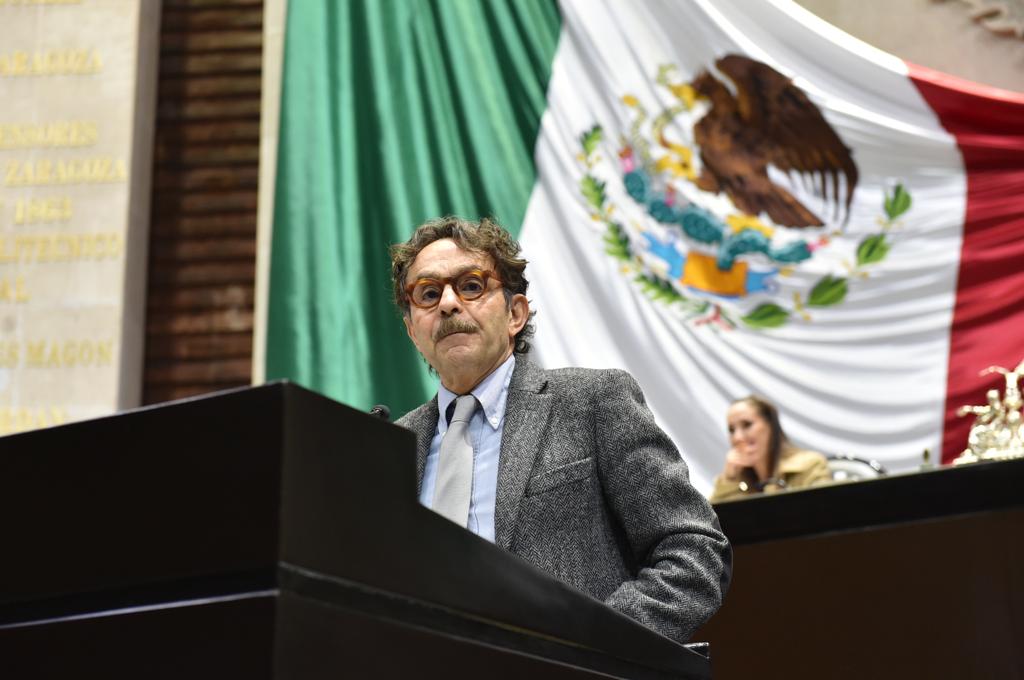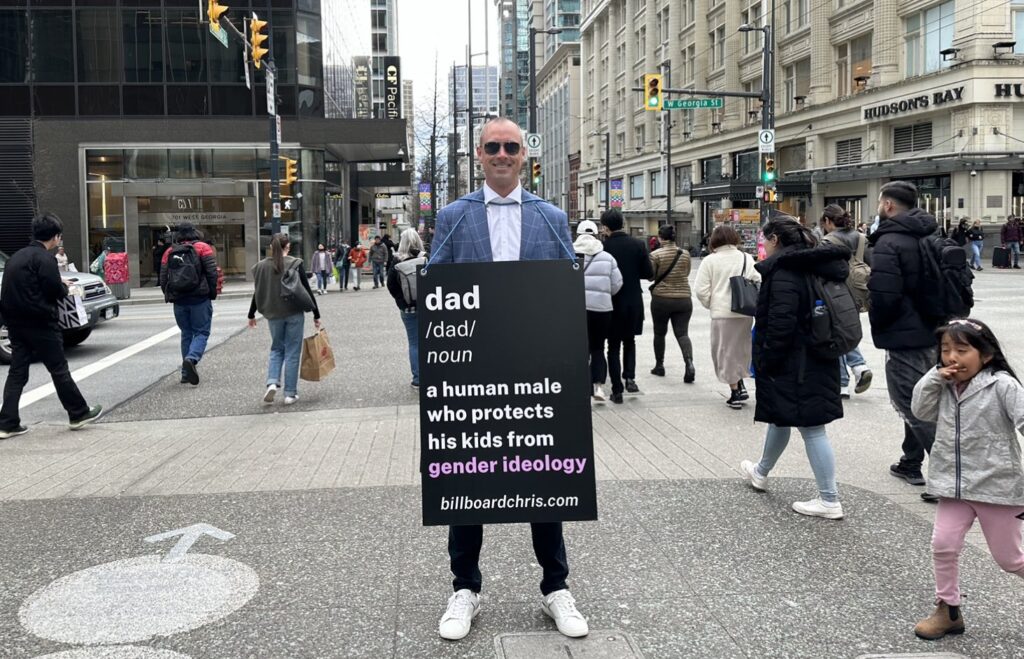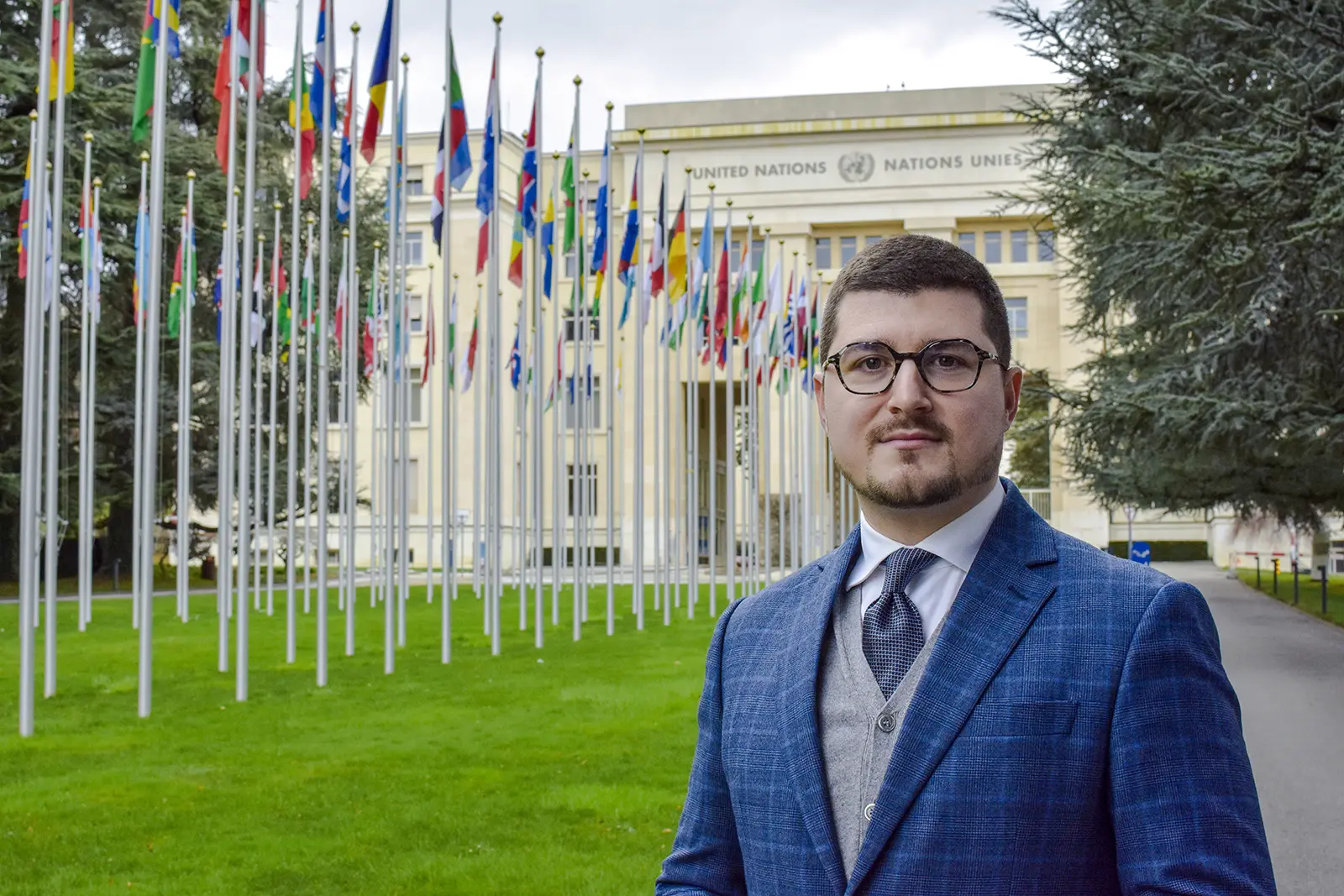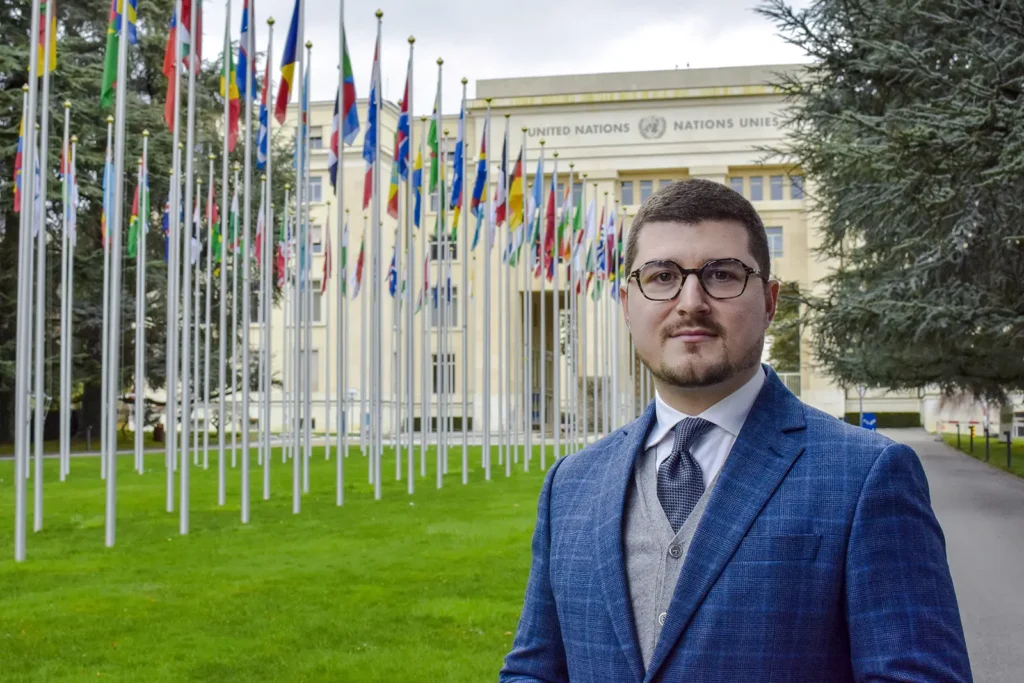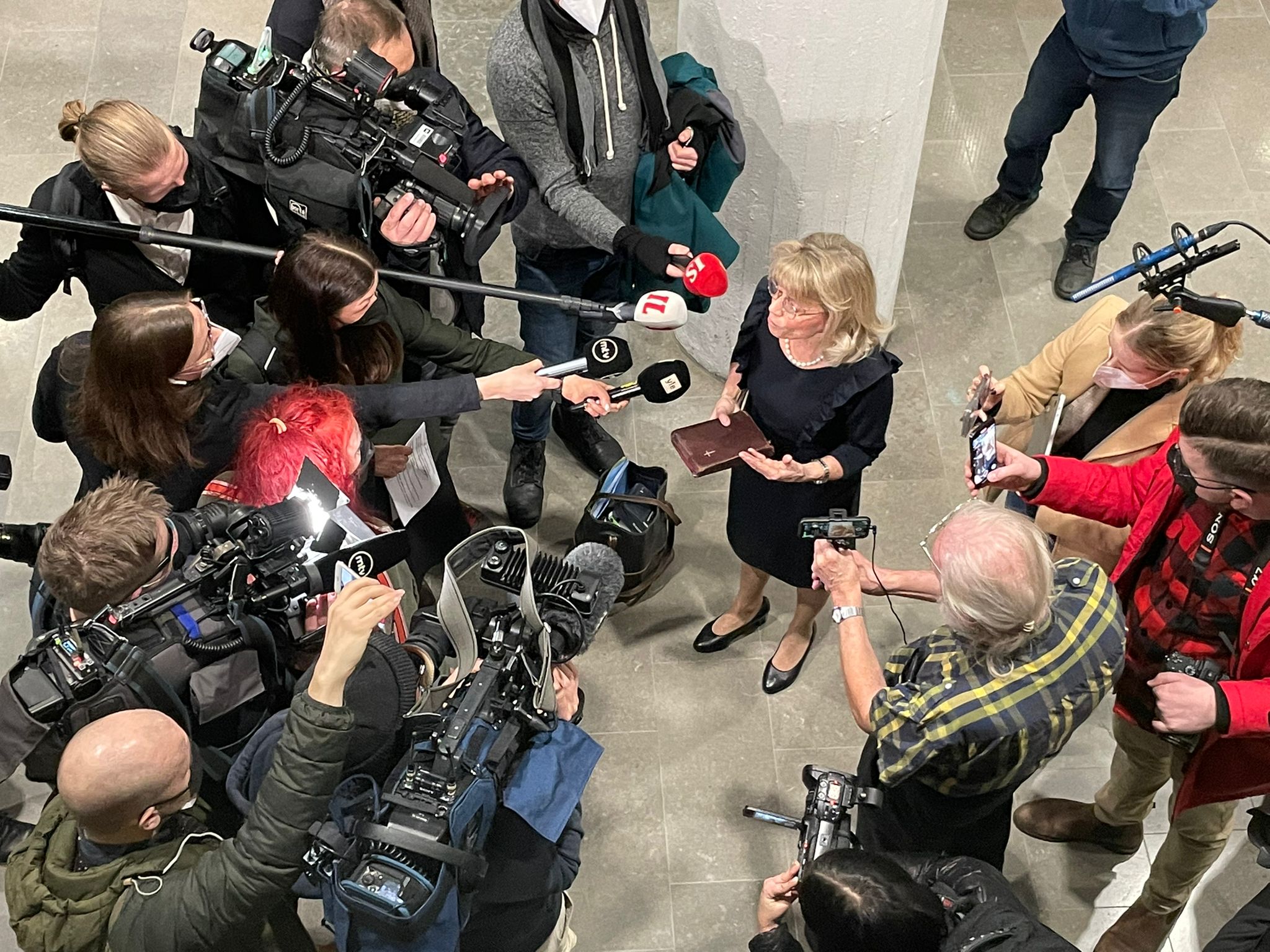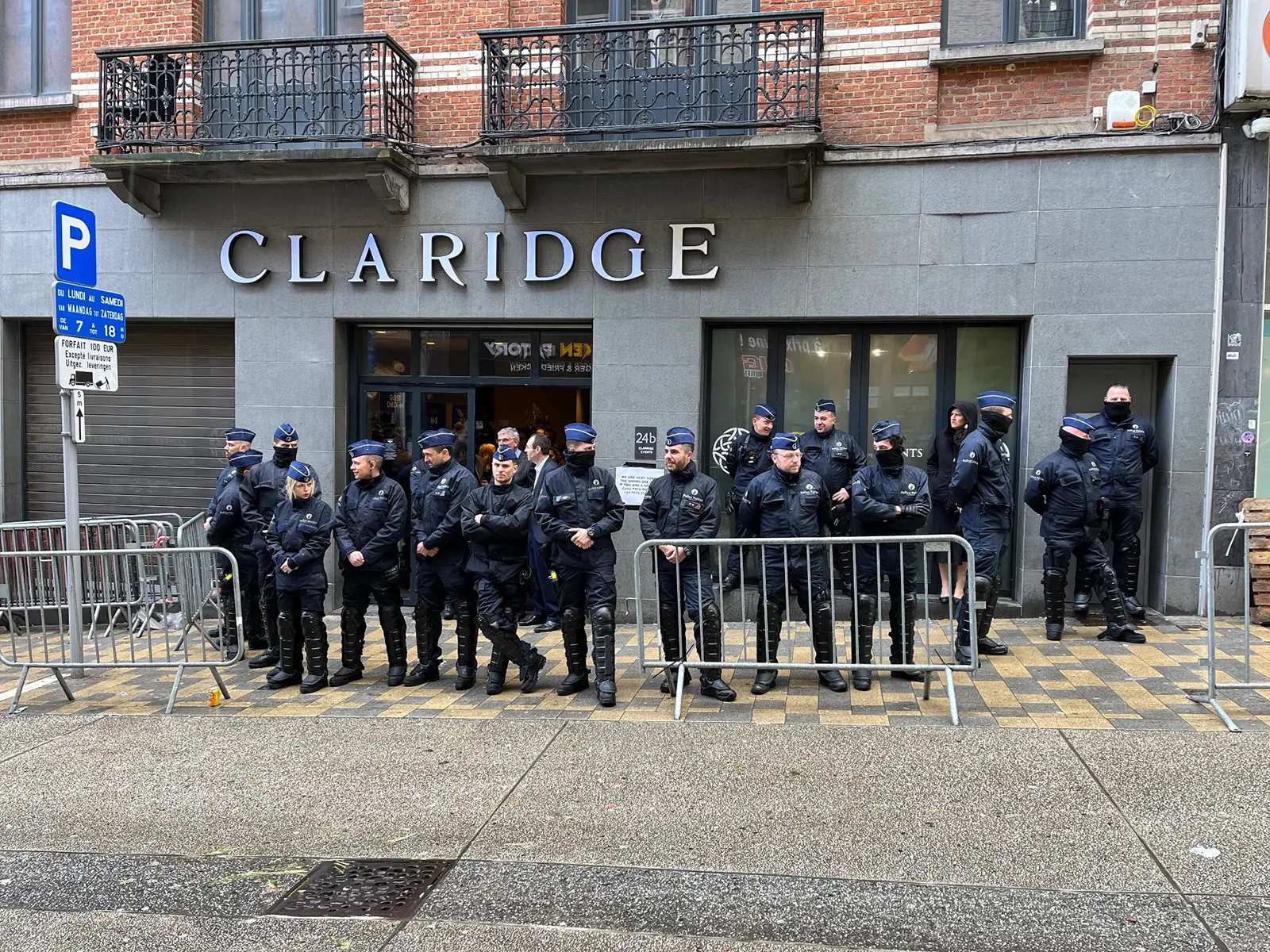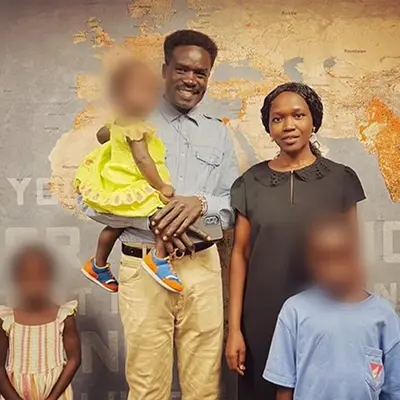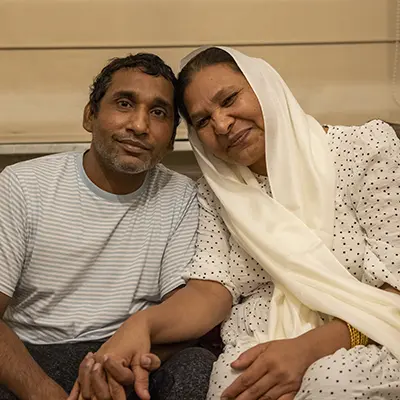- Social media platform “X” suspended from use in Brazil in unprecedented state clampdown on free speech
- ADF International calls on Inter-American Commission on Human Rights to intervene

WASHINGTON, DC (2 September 2024) – In light of the unfolding censorship crisis in Brazil, legal advocacy organization ADF International has called on the Inter-American Commission on Human Rights to urgently intervene to protect freedom of speech.
“The state of censorship in Brazil is severe and worsening to an extreme degree, positioning the country as among the worst for restrictions on speech in the Americas."
- Tomás Henriquez, ADF International’s director of legal advocacy for Latin America
On Friday, Justice Alexandre de Moraes of the Brazilian Supreme Court ordered the “immediate, complete and total suspension of X’s operations” in the country after the platform refused to comply with government orders to shut down accounts which it had singled out for censorship.
The decision imposes a daily fine of R$50,000 (£6,800 / almost $9,000) on individuals and companies that attempt to continue using X via a virtual private network (VPN).
The same Justice has also issued an order to freeze the assets of the company Starlink, a satellite internet provider. The company is a subsidiary of SpaceX, an entirely different company in which Elon Musk is a minority shareholder, following X’s refusal to comply with the censorship orders.
On Monday 2 September, the Brazilian Supreme Court upheld the decision to ban “X” nationwide, further suspending the right to free speech online.
Appealing to the Inter-American Commission on Human Rights to uphold freedom of expression, lawyers from free speech-supporting legal advocacy group ADF International petitioned the body – which has jurisdiction over Brazil under the American Convention on Human Rights– to intervene in the “dire” situation:
“The blocking of X in the country is symptomatic of an endemic problem…it has dragged on for more than six years and has caused real damage to Brazilian democracy, producing a chilling effect on the majority of the population who, according to recent surveys, are afraid to express their opinions in public.”
Musk thanked ADF International for its intervention.
State censorship of so-called “populist” views
The orders to censor online content are based on a pretext of combatting disinformation and fake news. Based on this pretext, the state has targeted conservative voices for censorship, including blocking pro-life messages during the 2022 election campaign, which contained a message contrary to the pro-abortion position held by then-candidate Lula da Silva.
"Under the guise of promoting democracy, and despite growing backlash from home and abroad, Brazilian authorities have created the most oppressive culture of censorship in the western hemisphere.
- Michael Shellenberger, journalist targeted for criminal investigation for reporting on the censorship efforts of Brazilian courts
Other targeted speech included repudiations of the Nicaraguan government’s suppression of religious freedom and the concern it could happen in Brazil, and criticism of Lula’s promotion of sexually explicit content in school curricula.
“The most oppressive culture of censorship in the West”
Various journalists and public figures including journalist, Paulo Figueiredo, and bestselling American author, Michael Shellenberger, have already been targeted with secret criminal investigations for reporting on the authoritarian drift of the Brazilian courts and their censorship efforts.
Tomás Henriquez, ADF International’s Director of Legal Advocacy for Latin America, stated:
“The state of censorship in Brazil is severe and worsening to an extreme degree, positioning the country as among the worst for restrictions on speech in the Americas. Intervention by the Inter-American Commission on Human Rights is key because without free speech, all human rights are jeopardized. We are particularly concerned that the Brazilian state is targeting Christian expression, including pro-life views and other faith-based speech.”
Michael Shellenberger, founder of Public, author, and professor, stated:
“I am being criminally investigated by Brazilian authorities for exposing their attempts to censor. Brazil has reached a crisis point where a lone Supreme Court judge could wield his authority to shut down X in the country.
Under the guise of promoting democracy, and despite growing backlash from home and abroad, Brazilian authorities have created the most oppressive culture of censorship in the western hemisphere. It’s not only bad policy and bad politics, it’s a blatant violation of basic human rights for authorities to ban the speech of their own citizens. It’s inconceivable that human beings should be censored and silenced by other human beings simply because they disagree with their speech. As the situation continues to deteriorate, my hope is that the Inter-American Commission on Human Rights will intervene rapidly in defense of the right of all to speak freely in Brazil”.
Marcel van Hattem, member of the Chamber of Deputies for Brazil, said:
“The attempts by Judge Alexandre de Moraes to censor and silence the people of Brazil simply cannot stand. Our constitution specifically prohibits all censorship and guarantees the right to freedom of expression; these are not only constitutionally-protected rights, but basic, human rights that should be guaranteed and preserved for all Brazilians. Censorship has no place in a free society, and I implore all who are able to join me in vehemently opposing these kinds of restrictions.”
Images for free use in print or online in relation to this story only
Pictured: Michael Shellenberger; Tomás Henriquez



